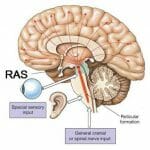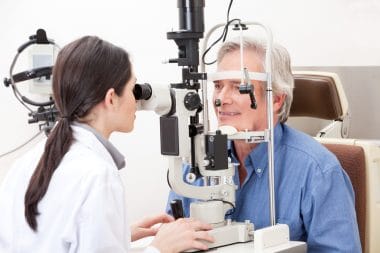The number one reason for blindness in the elderly is macular degeneration related to age. It’s a progressive disease, one that features a chronic deterioration of the photoreceptors in our eyes. Genetics, along with increased age, are the main causes of age related macular degeneration.
The genetic cause means that genetic testing can be helpful in pinpointing a patient’s risk level. A new blood test might offer an easier way to identify those at risk for age related macular degeneration. Metabolomics looks at blood profiles connected to age related macular degeneration. By examining them, the risk factors can be identified. This is extremely helpful because prior to the onset of symptoms, age related macular degeneration is difficult to detect otherwise, and symptoms normally only appear once the disease is at an advanced stage.
Age related macular degeneration is becoming more common as our population ages, and both detection and treatment is correspondingly increasing in priority as the number of patients rises. There are several promising avenues being pursued for both diagnosis and handling of the condition. Studies are looking at patients to refine how to determine who has it, who is at risk, and how to best help them deal with the disease. With enough research, a cure might be possible; but for now, efforts are focused on treatment.
Eye problems? May be your genes. Click here! #maculardegeneration #HealthStatus
Follow HealthStatus
Tweet Now
Key Points:
- 1The main cause of blindness in the elderly is age-related macular degeneration; particularly for adults over fifty.
- 2Genetics also play a roll in age-related macular degeneration risk; and blood tests can identify those at risk of developing it.
- 3Early detection and treatment can slow the effects of age-related macular degeneration, preserving quality of life for patients.








Reply